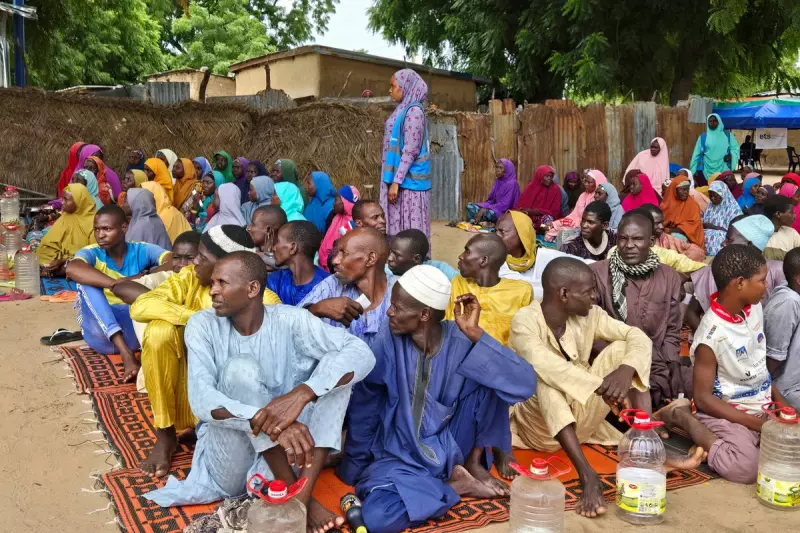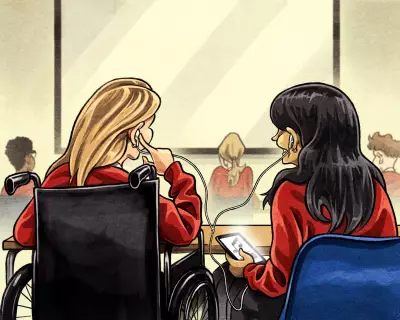
The World Food Programme (WFP) has issued a stark warning that northern Nigeria is on course to experience unprecedented levels of hunger by 2026, set to become the worst food crisis on the African continent.
Spiralling Violence Fuelling Catastrophic Hunger
According to a WFP report released on Tuesday, 25th November 2025, a dramatic surge in attacks by various militant groups across northern Nigeria is directly responsible for driving food insecurity to levels never before recorded. The UN agency projects that a staggering 35 million people are likely to experience severe hunger in Nigeria by 2026. This figure represents the highest number on the continent and the largest since the WFP began collecting data in the country.
The crisis is most acute in Borno state, the epicentre of Nigeria's long-running security crisis. The WFP predicts that at least 15,000 people there will face catastrophic hunger, including famine-like conditions, next year. As a result, Borno will be classified under Phase 5, the agency's highest level of food insecurity, a classification shared with some of the worst-affected parts of Gaza and Sudan.
A Perfect Storm of Conflict and Funding Cuts
Widespread assaults by armed groups have created a climate of fear, preventing farmers from accessing their land and cultivating crops. Officials confirm that rural farming communities are bearing the brunt of this violence. The security situation further deteriorated in October when the al-Qaeda-affiliated group, Jama'at Nusrat al-Islam wal-Muslimin, claimed its first attack in Nigeria, adding another dangerous actor to an already volatile region.
The violence was starkly illustrated by a series of mass kidnappings, including the abduction of more than 300 students and 12 teachers from a school in Niger state on 21st November. This incident occurred just four days after 25 schoolchildren were abducted 170 kilometres away in neighbouring Kebbi state.
Compounding the crisis, Nigeria has been severely impacted by a massive scaling down of UN food assistance. This reduction is a direct consequence of a decision by former US President Donald Trump to gut funding for the United States Agency for International Development (USAID). The funding cut has ceased vital support to the WFP, which has announced it will run out of resources for emergency food and nutrition assistance by December.
An Urgent Call for Action
In July, the agency was forced to suspend food assistance across West and Central Africa. Nigeria stands as one of the few countries in the region where these cuts have profoundly deepened an existing food emergency. The WFP has emphasised the dire consequences of inaction, stating, "Without confirmed funding, millions will be left without support in 2026, fueling instability and deepening a crisis that the world cannot afford to ignore." The international community faces a critical test to prevent a full-scale humanitarian disaster.






